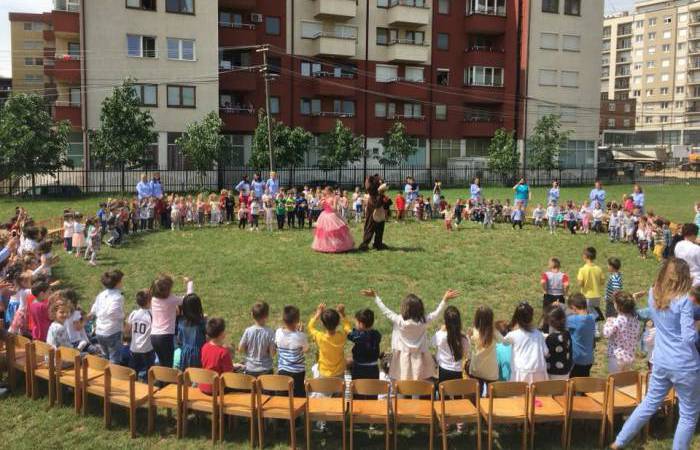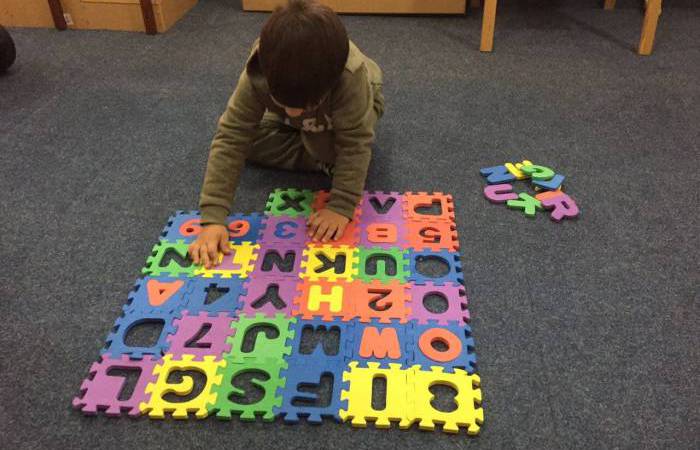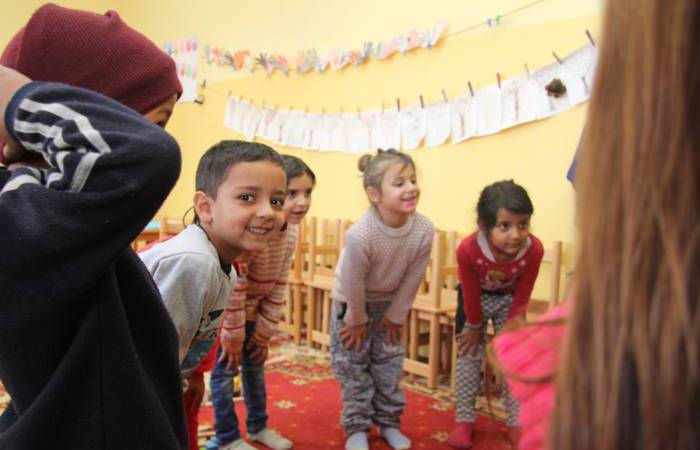
Realization of The Right to Quality Education
Every child and young person has the right to quality education, as a basis for overall social and economic development. ‘Inclusion’ is one of the main aspects to which Caritas Kosova pays special attention in this area. The very use of the word 'inclusiveness' means that in our country we have children 'excluded' from the processes that enable socio-psychological development as well as their self-realization. Children coming from non-majority communities, begging children, children with special needs, those with learning disabilities, the poor, families with social challenges, with limited or difficult access to schools, etc. they are all part of marginalized groups who face social exclusion, which is characterized by discrimination, negative perceptions about roles and their way of life, as well as by their multiple alienation from the rest of society. Carita Kosova continues to engage in this field by contributing to such children, family members but also society in general, to have significant improvement, always staying close to those who need it most, the excluded.
Prejudice, stigma, stereotypes, discrimination and similar phenomena are not only present among children resulting in social and ethnic differences. Adults also carry some of the responsibility, as they transfer behavioural modalities to children. In this context, the target group is not only the children but also the other parties with whom those children interact in daily life.
Through ensuring the participation of parents, children, and various organizations representing marginalized groups, in drafting educational policies at local and central level, such as various regulations, administrative guidelines, laws, etc., Caritas Kosova contributes to improving education system, but always referring to giving chance or voice to even the most vulnerable people in the decisions taken by the authorities for them.
Projects


MY RIGHT, Early Education Centre
Since 2008 this Centre has been the second home for children with disabilities in the region of Prizren, has treated them properly and has worked very closely with parents and their families in order to successfully complete the cycle of their treatment and inclusion in normal education... Read more


